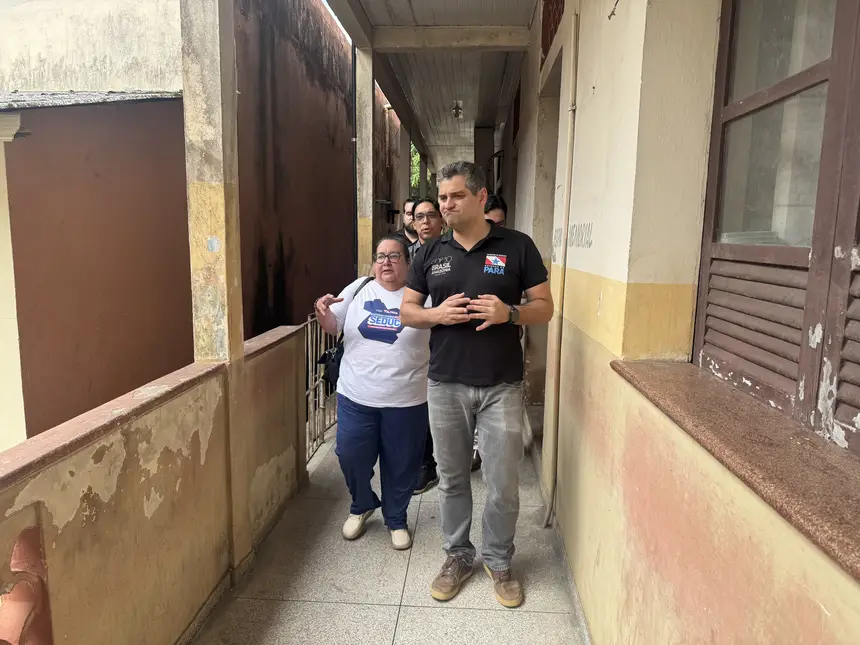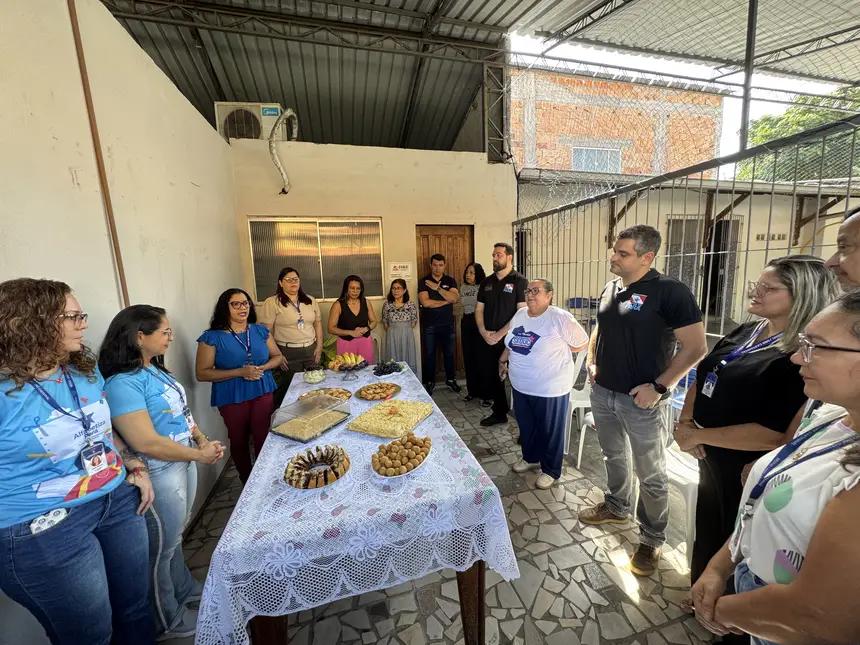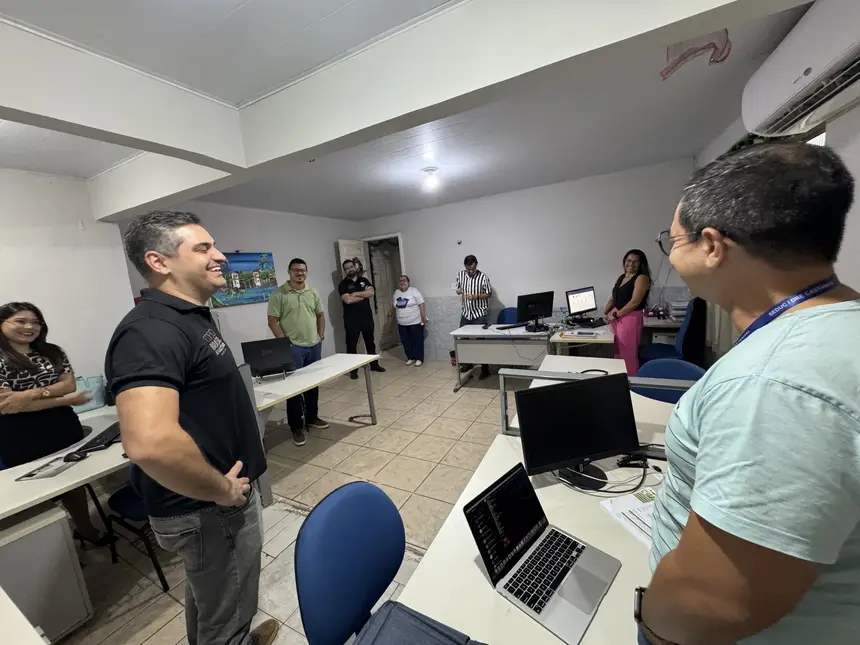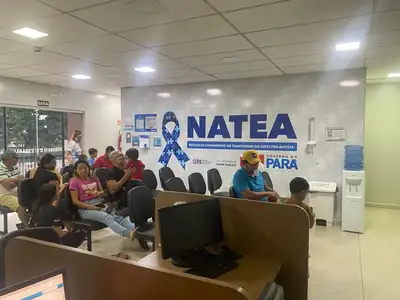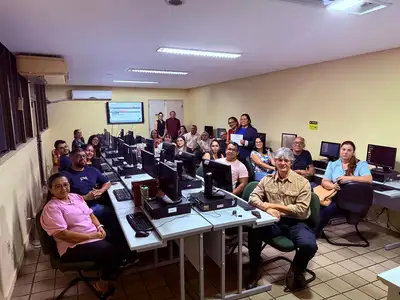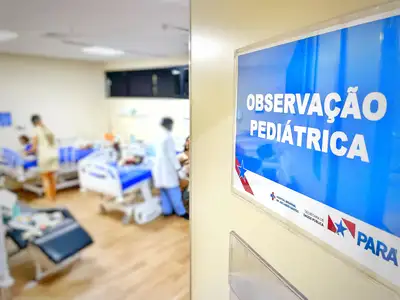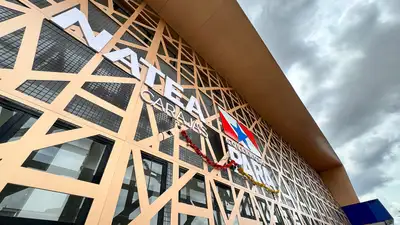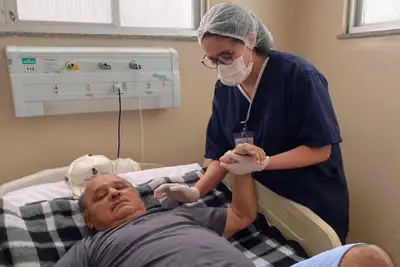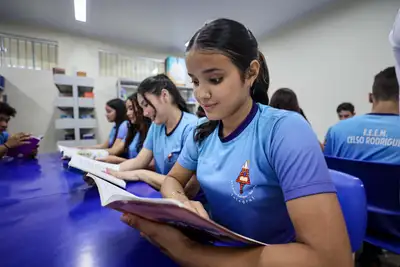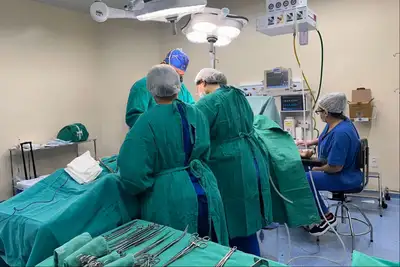Strategic visits by Seduc in the Northeast of the State strengthen public education and accelerate actions in schools
With the aim of strengthening public education in Pará and intensifying ongoing actions in all regions, the State Department of Education (Seduc) held a strategic agenda in the northeast of the State on Tuesday, the 18th, visiting the Regional Education Directorate (DRE) of Castanhal. This initiative is part of the in-person management monitoring schedule, which has already reached 23 DREs and plans to visit all 40 by December, reinforcing the commitment to enhance dialogue and accelerate improvements in school units.
The delegation was led by the State Secretary of Education, Ricardo Sefer, the Director of Educational Management, Cláudia Ferreira, the Deputy Secretary of Infrastructure, Lázaro Lima, and the President of the Foundation for the Support of the Development of Education in Pará (Fadep), Ricardo Carneiro.
The head of Seduc highlighted the positive effects of the regional agendas.
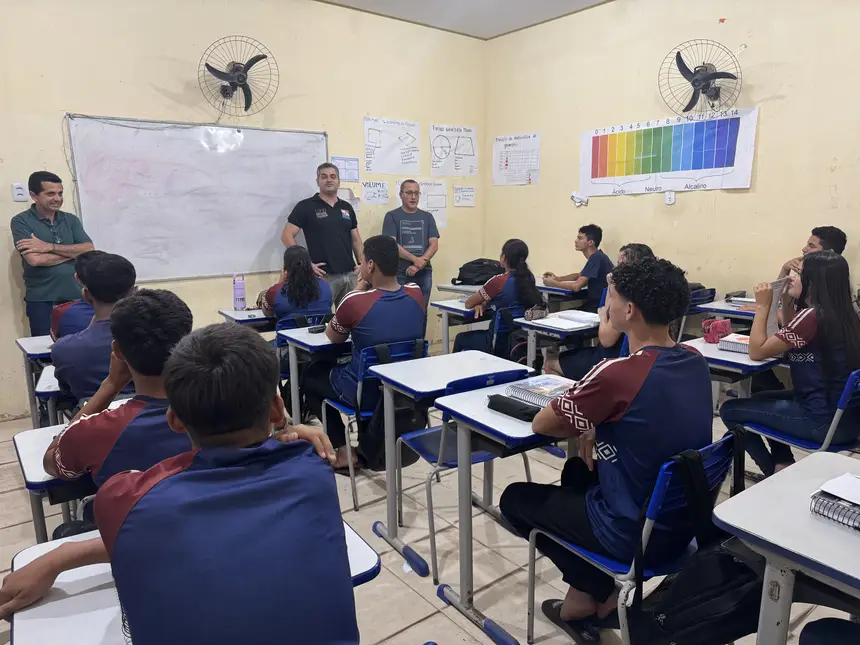
“The presence of Seduc within schools reinforces our commitment to strengthen education in Pará. Each visit allows us to advance much more quickly in solutions, and we have seen immediate impacts in the regions we have visited. Being close to the school community transforms decisions into concrete actions, and we will visit all 40 DREs by December, listening, welcoming, and building together,” he stated.
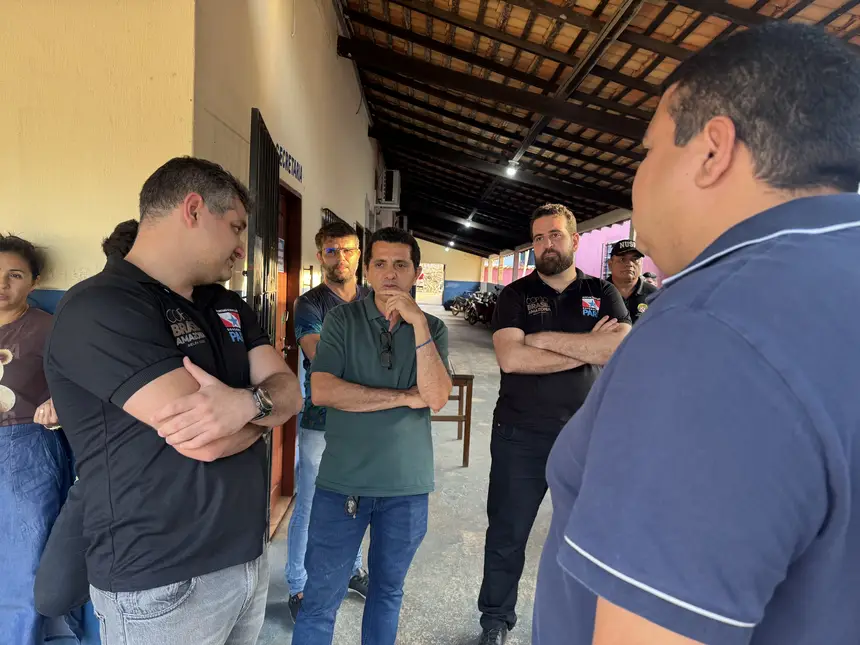
The Castanhal region serves approximately 27,000 students, covers 10 municipalities, and is the third largest DRE of Seduc. In Castanhal alone, there are 20 state schools, many of which already show pedagogical and structural advancements resulting from the actions of the Secretary.
The visits began at the Augusto Ramos School in the municipality of Terra Alta and continued through the Nilza Nascimento, 28 de Janeiro, Cônego Leitão, and Rotary Club schools in Castanhal, concluding in Santa Maria do Pará at the Magalhães Barata School and the Indigenous School Cacica Tembé.
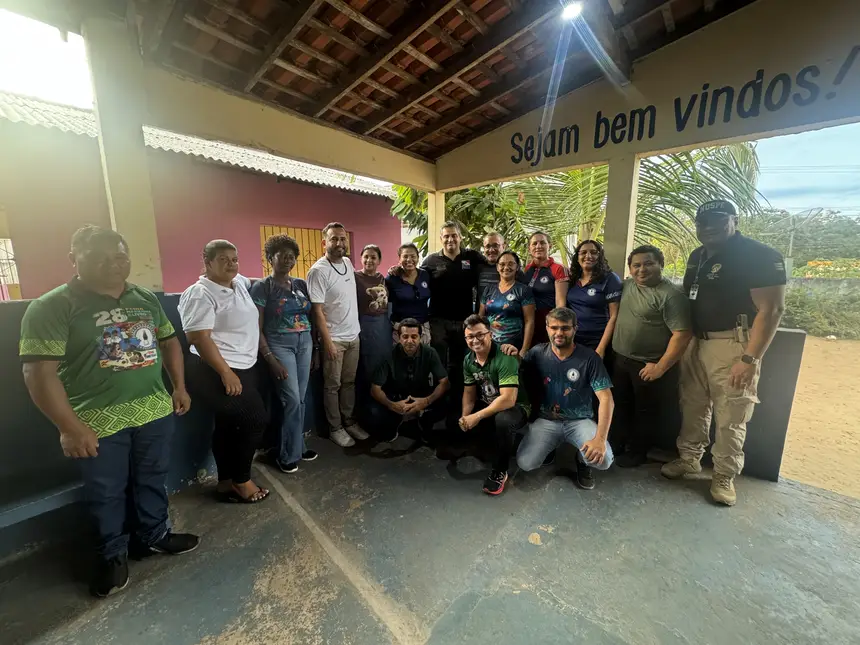
The director of the Indigenous School Cacica Tembé, Everaldo Macena da Costa, highlighted the impact of this approach.
“We have already noticed a very big difference. Having a secretary inside the school, seeing the reality up close, is something rare and very significant. This gives us the certainty that good things will happen. For us, it is a great joy, and we feel satisfied with what is happening,” he said.
The team evaluated demands related to infrastructure, maintenance, equipment, school management, pedagogical indicators, and organizational climate. The direct presence of Seduc in the units has allowed for faster resolutions, improved responses to the needs of the network, and strengthened planning for the next school year.


